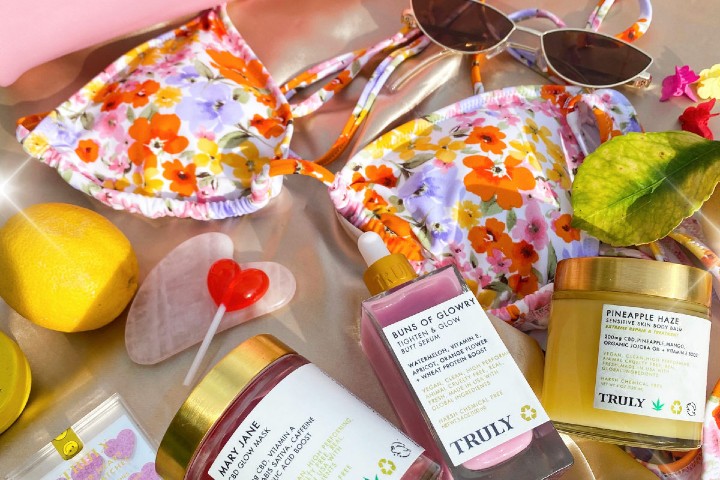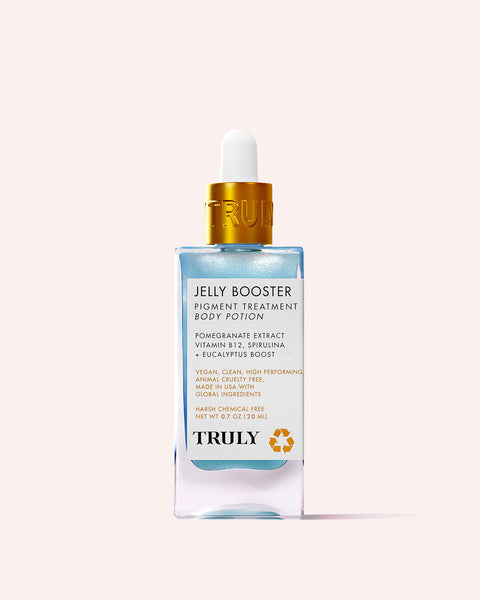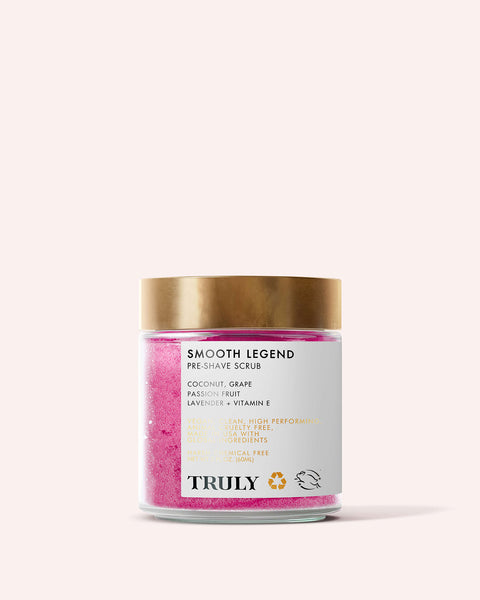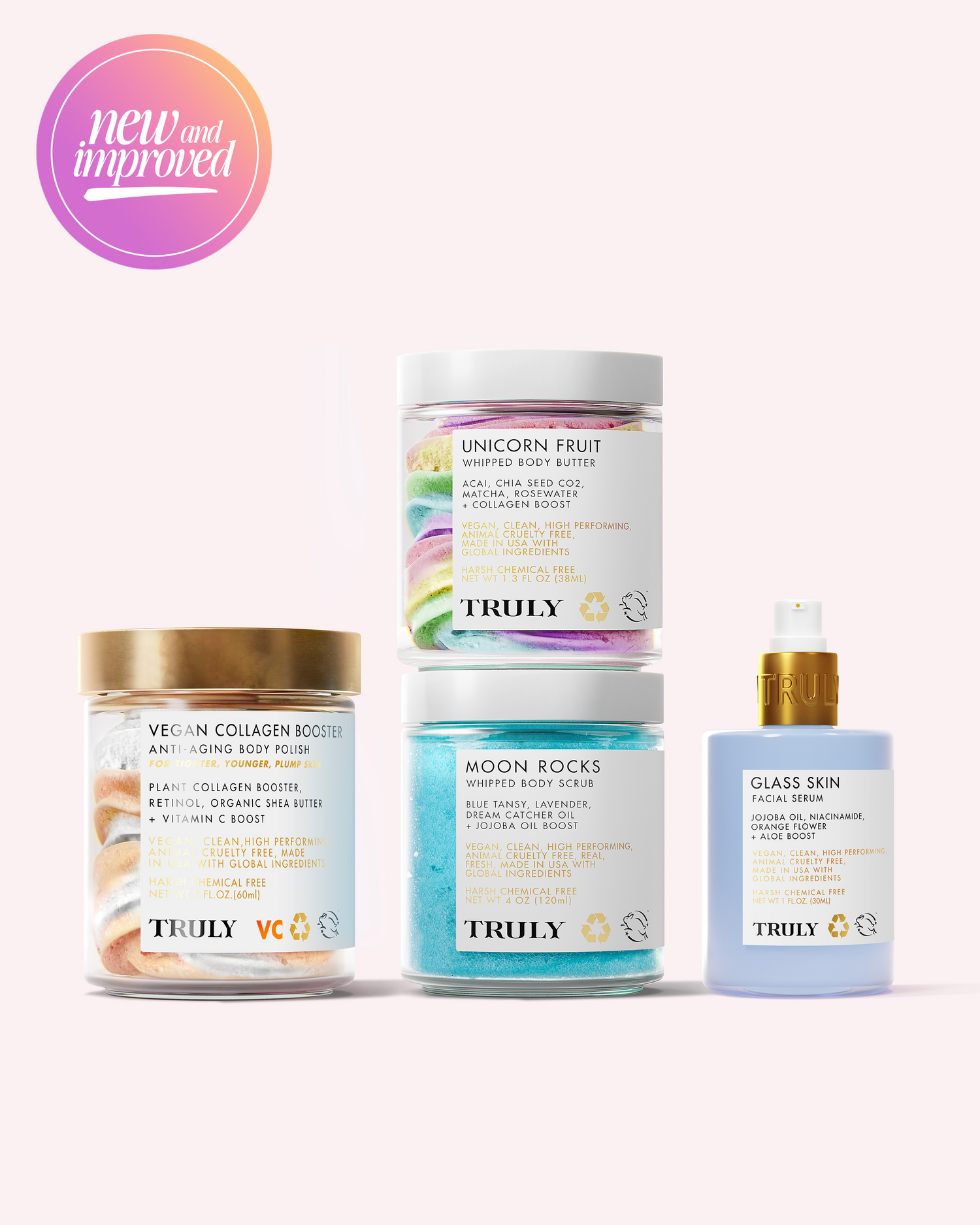How To Protect Yourself (And your Skin!) In A heatwave

If you're based in Seattle or Portland, we're with you guys.
On Monday alone, these two cities set new records for high temperatures in the United States, reaching 107 and 115 degrees, respectively.
But they're not the only cities suffering extreme hot weather.
Over in Phoenix, folks experienced some wild hot temperatures of up to 118 degrees. Meanwhile, Palm Springs residents have been sweating it out in 123-degree heat.
"It is quite unusual to see so many records being broken even before the official start of the summer season," Kristina Dahl, senior climate scientist with the Union of Concerned Scientists, told NPR. "We often call heat the silent killer. Of all of the types of extreme weather, people die from extreme heat the most. It typically kills more people in a given year than something like hurricanes or droughts."
In this time of crisis, it's crucial that you start protecting yourself from the potential side effects of extreme hot temperatures like heat stroke, heat exhaustion, and sunburn.
Both your health and your skin suffer the effects of heat stress. Thus, we show you how to protect yourself through these terrifying heatwaves.
SAFETY TIPS TO PROTECT YOU AND YOUR LOVED ONES DURING EXTREME HEAT
According to the Centers for Disease Control and Prevention (CDC), heat-related deaths peak 700 per year in the United States.
Drink Lots of Water
During this intense summer heat, it's important to drink as much water as you can to stay hydrated and ward off dehydration. If you're outside, keep a water bottle with you and sip at it regularly to keep your body functioning optimally. Try to limit strenuous outdoor activities and stay in the shade as much as you can. If you're doing physical activities, schedule your workout for earlier or later in the day to avoid the hot temperatures.
Press on an Ice Pack
Immediately cool yourself down by pressing an ice pack wrapped in a tea towel or pillow case against your feet or forehead. Doing this will help lower your body temperature and de-stress you, allowing you to recover.
Drape a Cold Towel Over Your Neck
In a heatwave, a towel soaked in cold water can instantly cool you down and make you feel better.
Soak a face cloth in cool water, wring it out, and then layer it over your neck. You can also lay it on your face if you're experiencing facial sunburn or headaches.
Another option is to take a cool shower and turn the air conditioner on so you can keep your body at a consistent temperature and shield it from the sweltering heat.
Shut Your Blinds
On sunny, hot days, try closing your blinds to avoid letting the sun rays stream through. Especially in the case of an extreme heat event like what's happening over the US right now, preventative measures matter. Do whatever you can to avoid exposing yourself to these extreme conditions.
HEATWAVES ALSO WREAK HAVOC ON YOUR SKIN
All that sweating...it's bound to be harming your skin in some way or another. And that it is!
For starters, the excessive perspiration is causing breakouts left, right, and centre. Even if you don't have acne-prone skin, the heightened level of sweating can clog your pores, leading to blemishes virtually anywhere on your body.
Extreme heat can also worsen dry skin symptoms. That's because the hot weather ups your chances of dehydration and without enough moisture, your skin will only get drier. That's not mentioning the skin-dehydrating effects of air con - your daily staple RN.
"Air conditioning reduces humidity, which has a very drying effect, as it reduces the natural moisture content of the skin and mucous membranes (eyes, lips and lining of the nose)," says Dr. Emma Wedgeworth, consultant dermatologist.
Most importantly, the combination of increased UV exposure and pollution act synergistically on the skin, causing damage at a cellular level. This lethal combo of UV inflammation and pollution can lead to premature aging and possibly even skin damage.
SKINCARE INGREDIENTS THAT HELP AGAINST UV INFLAMMATION
To protect your skin from those damaging UV rays and their inflammatory effects, try adding these ingredients into your skincare routine.
Aloe Vera
It's safe, gentle, and extremely effective for irritated or sunburned skin. This natural moisturizer melts beautifully into the skin and is proven to ease various skin conditions such as sunburn, acne, and eczema.
Hemp Oil
Hemp oil is an antioxidant loaded with omega -3 and -6 essential fatty acids, proving to hydrate the skin deeply without clogging pores. It also lends its anti-inflammatory properties to soothe irritated skin.
Bromelain
Bromelain is a powerful enzyme found in pineapple, used to gently exfoliate the skin and slough away dead skin cells for a smooth, fresh surface. It also allows other products to work more effectively.
Vitamin E
It protects the skin from sun damage and maintains its healthy glow. According to a study reported in Nutrition and Cancer, topical application of vitamin E reduced acute and chronic skin damage caused by UV irradiation.
It's also super important that you always head out the house wearing a thick layer of sunscreen with an SPF of at least 30. If you're really fair, opt for SPF 50 instead for ultimate protection.
We also advise stocking up on our After Sun Kit for Post-UV Skin Rehab. It features a soothing body mask, serum, and balm that all work to restore irritated skin after hitting the UV rays.
If you see someone suffering heat exhaustion, take them to a cool place as soon as possible and make sure they drink plenty of water. Symptoms to watch out for include feeling faint or dizzy, excessive sweating, clammy skin, nausea or vomiting, and muscle cramps.
If you think you, your young children, or older adults in your family may be suffering from a heat-related illness, visit your doctor for medical advice.
Anyone with existing chronic medical conditions experiencing heat exhaustion should immediately call 911 if you're seeing symptoms like a throbbing headache or high temperature.








